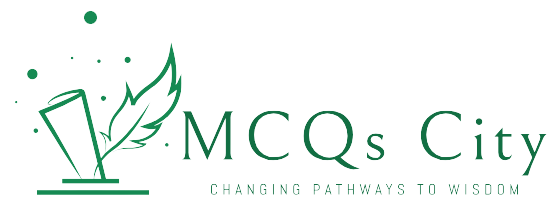

A. Creates new challenges in terms of domestic social stability, migration, and political violence
B. Has become more important as globalization empowers sub-state actors
C. Has caused scholars to reconsider the helpfulness of the term “Third World”
D. All of the options given are correct
A. the way in which contemporary globalization is equally experienced across the world and amongst different social gruops
B. the way in which contemporary globalization is unequally experienced across the world and amongst different social groups
C. the degree to which networks or patterns of social interaction are formally constituted as organizations with specific purposes
D. a process in which the organization of social activities is increasingly less constrained by geographical proximity and national territorial boundaries.
A. the sovereign power and authority of national government – the entitlement of states to rule within their own territorial space – being transformed but not necessarily eroded.
B. a real dilemma: in return for more effective public policy and meeting their citizens demands, whether in relation to the drugs trade or employment, their capacity for self-governance – that is sate autonomy – is compromised.
C. a new geography of political organization and political power is emerging, which transcends territories and borders.
D. all of the above
A. defined a new age in world history so today the microchip and the satellite are icons of a globalized world order
B. evidenced a major expansion in the spread and entrenchment of European empires
C. saw the expansion of transnational and international law from trade to human rights
D. saw the establishment of the international Convention on the Elimination of Child Labour
A. Argued that old methods of dealing with contemporary challenges were obsolete and ineffective
B. Changed direction sharply after 9/11
C. Led to a controversial war in Iraq whose reasons and effects are still being highly debated
D. All of the options given are correct
A. It cemented communist military control over Southeast Asia
B. It sparked a thaw in relations between the Soviet Union and china
C. It hardened overall American attitudes toward communism
D. It sparked a thaw in relations between China and the United States
A. Gorbachev and Reagan’s leadership
B. The relative economic strength of the United States
C. The ideological attractiveness of Western democracy and capitalism
D. All of the options given are correct
A. Wrote Germany’s Aims in the First World WAR
B. Argued that Hitler was no different from other German political leaders
C. Located the caused of the Second World War in Hitler’s personality
D. All of the options given are correct